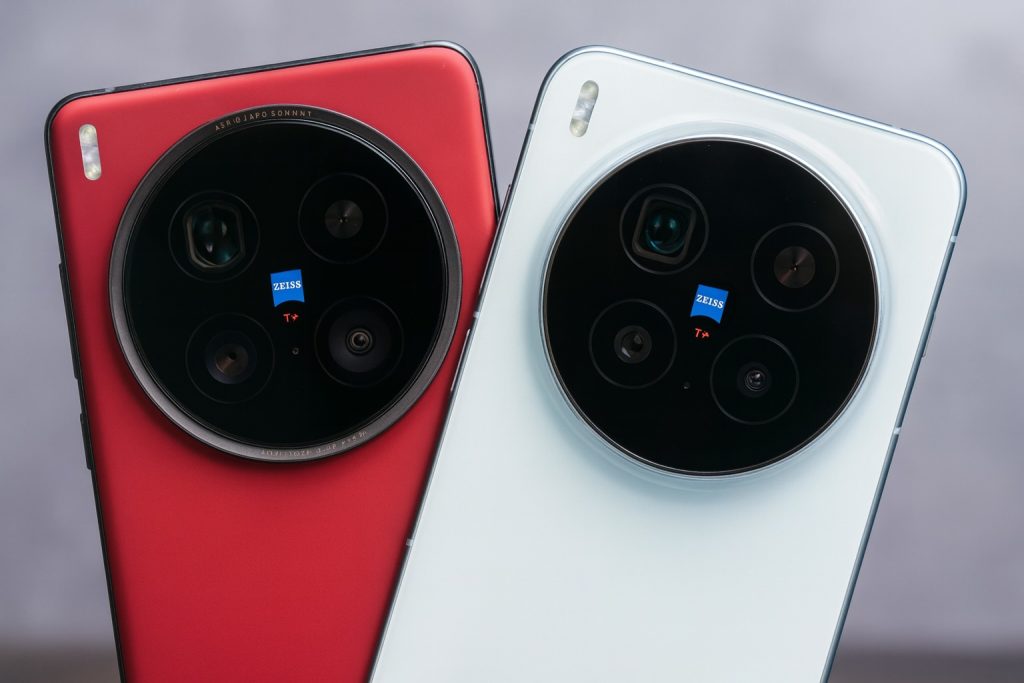
Aparat 200 MP Zeiss i obiektyw typu snap-on w Vivo X300 Pro mają zastąpić lustrzanki – Premiera serii Vivo X300 rewolucjonizuje fotografię mobilną
Seria Vivo X300 wprowadza innowacje w aparatach na poziomie lustrzanek Seria X300 firmy Vivo oficjalnie zadebiutowała w Chinach – i robi furorę, wynosząc fotografię smartfonową na nowy poziom. Linia, zaprezentowana podczas prestiżowego wydarzenia w Szanghaju 13 października, obejmuje standardowy model Vivo X300